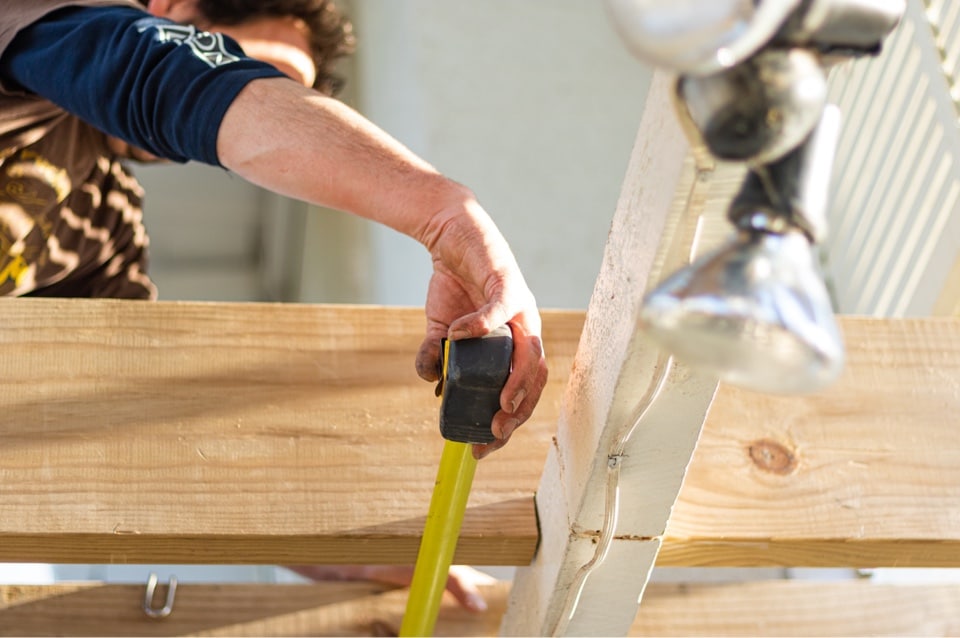What is the Most Important Skill in Carpentry?
Introduction
Carpentry is an ancient craft that has been essential to human civilization for centuries. From constructing shelters to creating intricate furniture pieces, carpenters have played a pivotal role in shaping the world around us. While carpentry requires a combination of various skills and techniques, there is one skill that stands out as the most crucial for any carpenter: attention to detail.
The Significance of Attention to Detail
Carpentry is much more than just cutting and nailing wood together. Precision and accuracy are vital for ensuring the structural integrity and aesthetic appeal of the final product. This is where attention to detail becomes paramount. Let’s delve deeper into why this skill holds such significance:
1. Precision in Measurements
In carpentry, measurements are the foundation of any project. Whether you’re building a simple bookshelf or a complex roof structure, accurate measurements are crucial. Even a slight error in measuring can lead to disastrous outcomes, such as ill-fitting components or unstable structures. A skilled carpenter pays close attention to the dimensions, double-checks their measurements, and uses the appropriate tools to achieve precision.
2. Ensuring Safety
Safety should always be the top priority in any carpentry project. Attention to detail ensures that all safety protocols are followed meticulously. From selecting the right materials to using proper safety equipment, a vigilant carpenter reduces the risk of accidents and potential hazards in the workshop.
3. Enhancing Aesthetics
Carpentry is an art form, and attention to detail elevates the aesthetics of the finished work. Whether it’s a finely crafted table, an ornate wooden door, or a beautifully carved cabinet, the smallest details can make a significant impact on the overall appearance. A meticulous carpenter takes the time to refine the design, pay attention to grain patterns, and add intricate embellishments to create a visually stunning masterpiece.

4. Problem-Solving Abilities
Carpentry projects often come with unexpected challenges that require quick thinking and problem-solving skills. Attention to detail enables a carpenter to identify potential issues early on, allowing them to come up with effective solutions. Whether it’s compensating for irregularities in materials or adjusting for changes in project requirements, a detail-oriented carpenter can adapt and overcome obstacles with finesse.
Developing Attention to Detail
While some individuals may naturally possess a keen eye for detail, this skill can also be developed and honed through practice and dedication. Here are some effective ways to cultivate attention to detail in carpentry:
1. Practice Patience
Rome wasn’t built in a day, and neither were master carpenters. Developing attention to detail requires patience and perseverance. Start with simple projects, and take the time to analyze every step of the process. As you become more comfortable, gradually progress to more complex tasks, always paying meticulous attention to each detail along the way.
2. Invest in Quality Tools
Quality tools play a significant role in carpentry, and investing in the best tools you can afford will make a substantial difference in the outcome of your projects. High-quality tools offer better precision, accuracy, and control, ultimately enhancing your ability to focus on the finer aspects of your work.
3. Seek Feedback
Constructive feedback from experienced carpenters or mentors can be invaluable in improving your attention to detail. Constructing a network of like-minded individuals who can provide feedback, share insights, and offer suggestions will help you grow as a carpenter. For carpentry mooloolaba nazbuild see here.

4. Analyze Mistakes
Mistakes are an inevitable part of the learning process. Instead of getting discouraged, view mistakes as opportunities to learn and improve. Analyze what went wrong, identify the areas where attention to detail was lacking, and take note of how to avoid similar errors in the future.
Conclusion
In conclusion, attention to detail is undeniably the most critical skill in carpentry. It underpins every aspect of the craft, from measurements and safety to aesthetics and problem-solving. A skilled carpenter with an eye for detail can transform ordinary pieces of wood into works of art that stand the test of time. Cultivating this skill through practice, patience, and a willingness to learn will undoubtedly elevate one’s craftsmanship and contribute to a successful and fulfilling career in carpentry. So, the next time you embark on a carpentry project, remember to focus on the finer details, for they hold the key to excellence in this ancient and revered craft.

